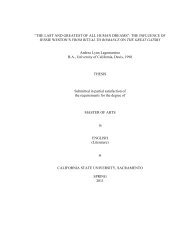Complete Thesis_double spaced abstract.pdf
Complete Thesis_double spaced abstract.pdf
Complete Thesis_double spaced abstract.pdf
Create successful ePaper yourself
Turn your PDF publications into a flip-book with our unique Google optimized e-Paper software.
decision by a state to develop restrictive or liberal immigration policies is more complex than the<br />
national frame of mind; several additional factors are significant. Additionally, the formation of<br />
groups and coalitions is dependent on a variety of factors, including but not limited to,<br />
preferences on immigration policy, economic conditions, business interests, social and cultural<br />
values, political affiliation, region, and socioeconomic status.<br />
One of the factors influencing the formation of immigration policy is the structure and<br />
scope of a state’s government (Body-Gendrot and Schain 2006). The power and scope of any<br />
given state can range from governments with immense powers at federal, state, and local levels to<br />
governments with strong federal, weak state/municipal powers, to governments with weak<br />
powers at all levels; the ability of the judicial system to overrule policies is another important<br />
factor. States, whether by design or by capacity, with a weak and limited scope of government<br />
may not desire highly restrictive immigration policies, since restrictive policies require an<br />
expanded, interventionist role for the state, while liberal policies may allow the state’s role to<br />
remain limited (Tichenor 2002). Another factor influencing the formation of immigration policy<br />
and groups and coalitions is the prevailing economic conditions in a given state; although, periods<br />
of economic downturn or growth do not appear to have a direct effect on the adoption of<br />
restrictive or liberal immigration policies (Tichenor 2002). Tichenor (2002) details several<br />
instances in the United States where expansionist policies were adopted during economic<br />
downturns and several instances when restrictive policies were adopted during economic growth.<br />
Immigration: Concepts of Citizenship and Identity in Receiving States<br />
Within the migration literature examining the concept of identity and citizenship, each of<br />
the disciplines examining migration are represented. Each discipline shares an interest in<br />
explaining the rules and regulations for attaining citizenship and establishing identity in a given<br />
15



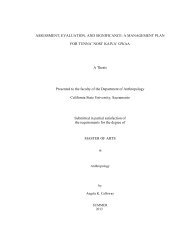
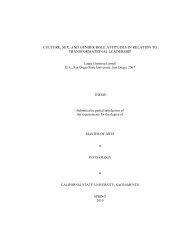
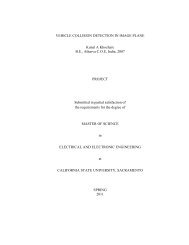
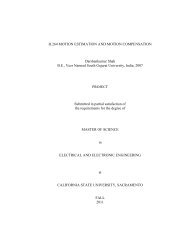
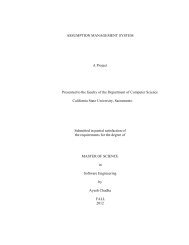
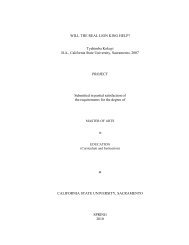
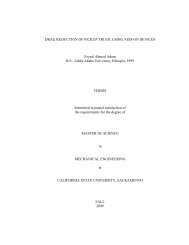
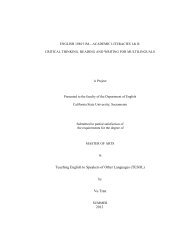
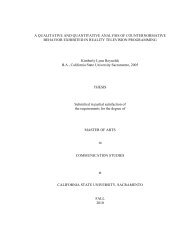
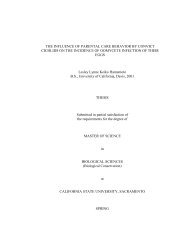
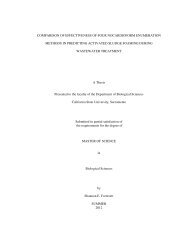
![Completed Thesis to Grad Studies[Final3].pdf](https://img.yumpu.com/17538645/1/190x245/completed-thesis-to-grad-studiesfinal3pdf.jpg?quality=85)
